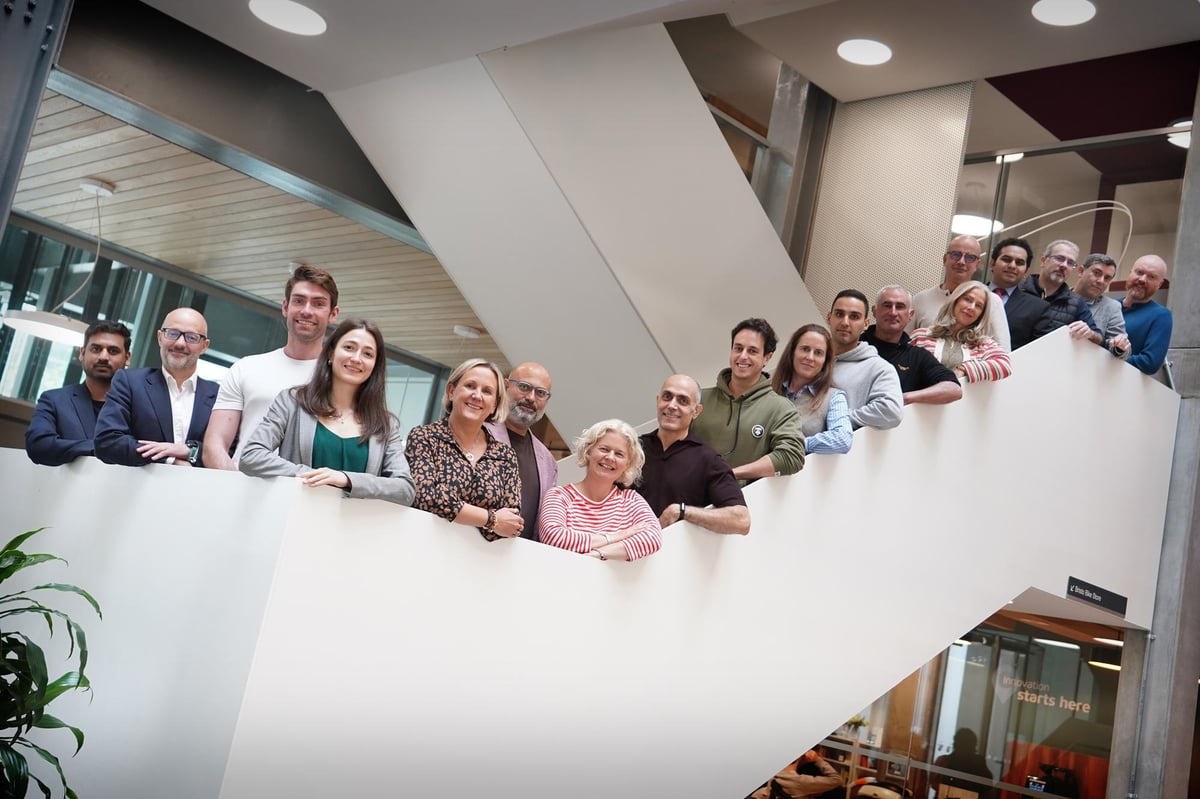By Scott Reid
Copyright scotsman

Start-up ventures behind artificial intelligence for health, sustainable fashion and cybersecurity are among a dozen companies selected for this year’s University of Edinburgh’s AI Accelerator. The six-month initiative, designed to help AI-focused companies grow into world-leading businesses, provides expert-led workshops and supports start-ups to shape investment strategies and connect with potential investors. This year’s cohort – the ninth to have undertaken the programme – includes Transdermal Diagnostics, an enterprise developing breakthrough needle-free wearables to transform chronic disease management, and CircKit, described as an AI-powered toolkit that helps fashion brands design more sustainable products. The latest programme will also welcome LastingAsset, a cybersecurity spinout from Edinburgh Napier University. The venture is pioneering an innovative way of combatting impersonation fraud using cryptography and “privacy-preserving” machine learning. The university expanded its selection process this year to attract a broader range of technology-focused scale-ups that are poised to make a “significant real-world impact”. Kate Smith, co-founder and chief executive at ProfessorMe, an education technology training company that took part in the last programme, said, “The AI Accelerator turbo boosted ProfessorMe in terms of our business know-how, our network, scaling up and firmly planted us in the heart of the AI sector. It also gave ProfessorMe a home and a community, which, as hardworking female founders, gives us the resources to continue our social impact business.” Applications for the 2025 programme have now closed but interested parties can register interest for next year’s intake. The University of Edinburgh is ranked as the number one in the UK for research power in computer science and informatics – according to The Times Higher Education, based on the 2021 Research Excellence Framework. The AI Accelerator programme is said to tap into this environment to help companies scale and develop “impactful AI-led organisations”. Edinburgh University’s commercialisation arm last year unveiled record-breaking annual results including the launch of 127 companies. The report also showed that Edinburgh Innovations filed 140 patents during the financial year 2023/24, while £141 million was invested into university-associated companies. The figures came in a year when the University of Edinburgh was named joint first in the world for industry, innovation and infrastructure in The Times “higher impact” rankings. Meanwhile, biotech innovator MiAlgae, which began life as a student start-up venture making Omega-3 from whisky waste, was a finalist in the Earthshot prize for innovation that could help save the planet. The annual review showed that £141m was invested into the university’s portfolio of associated companies, managed by in-house venture investment team Old College Capital. Meanwhile, £151m was secured in funding from industry or for research with commercial potential. Some 55 licences were entered into for companies to use university technology. The 127 new companies formed comprised 116 student start-ups, five staff spinouts (where the university retains intellectual property) and six staff start-ups. University of Edinburgh spinout Prothea Technologies launched last April, with European investment of €12m (£10m) to treat diseased lung tissue in a one-stop procedure. Another recent spinout, Trogenix, unveiled a platform that can kill brain cancer cells without affecting nearby healthy cells. Two Scottish universities among UK’s top five for spin-out deal activity



